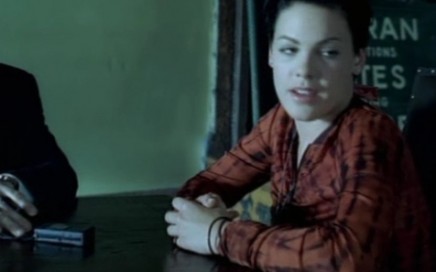
Are Listeners Clicking Away From Your Songs Before They Even Reach the Chorus?
It might be over simplistic to say, but one of the main jobs of a song verse, particularly in the pop genres, is to get the listener to the chorus. That’s certainly not to say that a verse is unimportant. A good verse does several important things: Through the lyric, it sets the scene and describes […]














